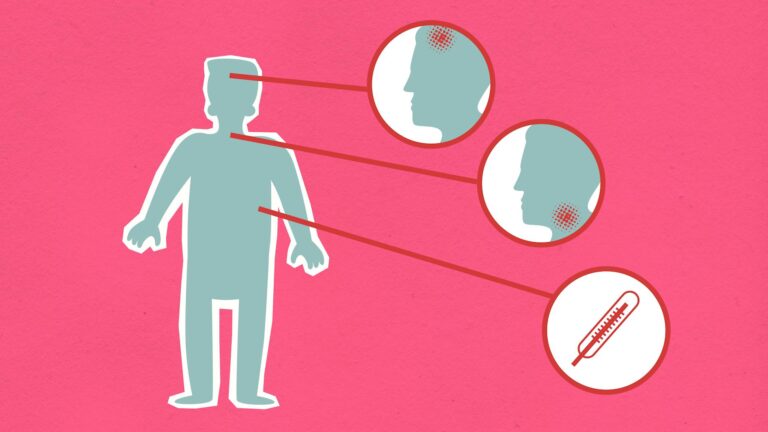### Exploring the Impact of Vitamin D Supplementation on Cognitive Function in Alzheimer’s
Alzheimer’s disease is a serious condition that affects millions of people worldwide, causing memory loss and cognitive decline. While there is no cure for Alzheimer’s, researchers are continually exploring new ways to manage and potentially prevent the disease. One area of interest is the role of vitamin D in cognitive function, particularly in Alzheimer’s patients.
#### What Does Vitamin D Do?
Vitamin D is well-known for its role in bone health and immune function. However, recent studies suggest that it may also play a significant part in brain health. Vitamin D has been linked to improved mood, reduced inflammation, and enhanced neurotransmitter function, which are all crucial for maintaining cognitive function.
#### The Connection Between Vitamin D and Alzheimer’s
A recent study published in the journal Alzheimer’s and Dementia: Diagnosis, Assessment, and Disease Monitoring found that vitamin D supplements may reduce the risk of dementia by 40%. The study involved 12,388 participants who did not have dementia at the start of the research. Over a period of 10 years, 37% of these participants took vitamin D supplements, and the results showed that there were 40% fewer dementia diagnoses among them[1].
While the exact mechanism is unclear, experts believe that vitamin D’s anti-inflammatory and antioxidant properties could support brain health. Additionally, vitamin D may help reduce cardiovascular risk, which can enhance blood flow to the brain, potentially improving cognitive function[1].
#### Other Research on Vitamin D and Cognitive Function
Other studies have also explored the relationship between vitamin D and cognitive function. A systematic review of clinical trials found that vitamin D supplementation improved subjective sleep quality, which is important for overall brain health. Higher vitamin D concentrations were associated with a lower likelihood of sleep disorders, suggesting a potential link between vitamin D deficiency and cognitive dysfunction[3].
A study published in Frontiers in Nutrition examined the effects of dietary vitamin intake on cognitive function in elderly adults. The research found that higher intakes of vitamins A, B1, B2, B9, and K were associated with better cognitive performance. Vitamin K, in particular, showed a positive association with global cognitive function, and lower serum neurofilament light chain (NfL) levels, which are indicative of brain health[4].
#### Experimental Drugs Showing Promise
While vitamin D supplementation holds promise, there are also experimental drugs being developed to treat Alzheimer’s. A recent study from the Centre for Addiction and Mental Health (CAMH) showed that an experimental drug called GL-II-73 significantly improved memory in both younger and older mice with Alzheimer’s symptoms. This drug targets GABA receptors in the hippocampus to restore brain function and repair damaged neural connections, offering hope for improving cognitive functioning and potentially preventing some of the brain damages associated with Alzheimer’s[2].
#### Conclusion
The impact of vitamin D supplementation on cognitive function in Alzheimer’s patients is an area of ongoing research. While the exact mechanisms are not fully understood, the evidence suggests that vitamin D may play a protective role in brain health. Additionally, experimental drugs like GL-II-73 show promise in restoring memory and cognitive function in Alzheimer’s models. Further studies are needed to fully understand the potential benefits of vitamin D and these new treatments, but the current research offers encouraging insights into managing and potentially preventing Alzheimer’s disease.
By continuing to explore the role of vitamin D and developing new treatments, researchers hope to provide better options for those affected by Alzheimer’s, improving their quality of life and potentially delaying the progression of the disease.





